LISDEXAMFETAMINE - ORAL
PHONETIC PRONUNCIATION: (lis-DEX-am-FET-a-meen)
COMMON BRAND NAME(S): Vyvanse
GENERIC NAME(S): lisdexamfetamine dimesylate
Uses
USES: Lisdexamfetamine is used to treat attention deficit hyperactivity disorder (ADHD) as part of a total treatment plan, including psychological, social, and other treatments. It may help to increase the ability to pay attention, stay focused, and stop fidgeting. Lisdexamfetamine may also be used to treat binge eating disorder (BED). It may help to reduce the number of binge eating days. This medication is a stimulant. It is thought to work by restoring the balance of certain natural chemicals (neurotransmitters) in the brain. This medication is not recommended for use for weight loss due to the risk of serious side effects.
How to use LISDEXAMFETAMINE - ORAL
HOW TO USE: Read the Medication Guide provided by your pharmacist before you start taking lisdexamfetamine and each time you get a refill. If you have any questions, ask your doctor or pharmacist. Take this medication with or without food as directed by your doctor, usually once daily in the morning. Do not take this medication in the afternoon or evening because it may cause you to have trouble sleeping. The dosage is based on your medical condition and response to treatment. Your doctor may adjust your dose to find the dose that is best for you. Follow your doctor's instructions carefully. If you are taking the chewable tablet, chew the tablet thoroughly and then swallow. If you are taking the capsule form of this medication, swallow the capsule whole. However, if you have trouble swallowing the capsule, you may open the capsule and pour all of its contents (powder) in a glass of water or orange juice or mix it in yogurt. Use a spoon to break apart any powder that is stuck together. Stir well until the contents dissolve completely. Drink or eat the mixture right away. Do not prepare a supply in advance. It is normal to see a filmy coating on the inside of your glass or container after you drink or eat all of the medicine. Use this medication regularly to get the most benefit from it. To help you remember, take it at the same time each day. During treatment, your doctor may occasionally recommend stopping the medication for a short time to see whether there are any changes in your behavior and whether the medication is still needed. This medication may cause withdrawal reactions, especially if it has been used regularly for a long time or in high doses. In such cases, withdrawal symptoms (including severe tiredness, sleep problems, mental/mood changes such as depression) may occur if you suddenly stop using this medication. To prevent withdrawal reactions, your doctor may reduce your dose gradually. Consult your doctor or pharmacist for more details, and report any withdrawal reactions right away. Though it helps many people, this medication may sometimes cause addiction. This risk may be higher if you have a substance use disorder (such as overuse of or addiction to drugs/alcohol). Do not increase your dose, take it more often, or use it for a longer time than prescribed. Properly stop the medication when so directed. When this medication is used for a long time, it may not work as well. Talk with your doctor if this medication stops working well. Tell your doctor if your condition does not improve or if it worsens.
Side Effects
Precautions
Interactions
Overdose
Images
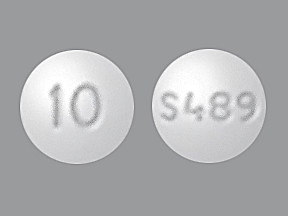
- color
- white
- shape
- round
- imprint
- 10, S489
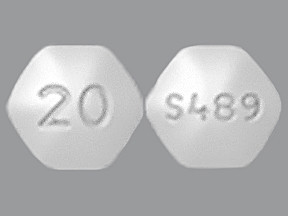
- color
- white
- shape
- 6 sided
- imprint
- 20, S489
Reviews
Faq for LISDEXAMFETAMINE - ORAL
Lisdexamfetamine is a prescription medication that is used to treat attention deficit hyperactivity disorder (ADHD) in children and adults. It is a central nervous system stimulant that works by affecting certain chemicals in the brain.
Lisdexamfetamine should be taken exactly as prescribed by your doctor. It is usually taken once daily in the morning with or without food. The capsules should be swallowed whole and not crushed or chewed. It is important to follow the instructions provided by your healthcare provider.
Common side effects of lisdexamfetamine can include decreased appetite, trouble sleeping, dry mouth, headache, and stomach pain. These side effects are usually mild and improve with continued use. Contact your doctor if you experience more severe side effects such as chest pain, shortness of breath, or mood changes.
Lisdexamfetamine has a potential for abuse and dependence. It is a Schedule II controlled substance, meaning it has a high potential for abuse and can lead to psychological or physical dependence. It should be used only as prescribed and with caution.
There is limited data on the use of lisdexamfetamine during pregnancy or breastfeeding. It is best to consult with your doctor before taking this medication if you are pregnant, planning to become pregnant, or breastfeeding.
Lisdexamfetamine may start working within a few hours after taking the first dose. However, it may take a few weeks for the full effects to be noticeable. Your doctor will monitor your response to the medication and may adjust the dosage if needed.
Lisdexamfetamine can interact with other medications, including monoamine oxidase inhibitors (MAOIs), certain antidepressants, and high blood pressure medications. It is important to inform your doctor about all the medications you are taking to avoid potential interactions.
The duration of lisdexamfetamine treatment will depend on the individual's response and specific condition. Your doctor will determine the appropriate length of treatment. It is important to follow the prescribed schedule and not stop or change the dosage without consulting your doctor.
Lisdexamfetamine should be used with caution in individuals with a history of heart problems, high blood pressure, mental/mood disorders, or substance abuse. It may also affect a person's ability to drive or operate machinery, so caution should be exercised in such activities.
Warning
WARNING: Misuse or abuse of amphetamines may cause serious (possibly fatal) heart and blood pressure problems. Amphetamine-type medications can be habit-forming. Use only as directed. If you use this drug for a long time, you may become dependent on it and may have withdrawal symptoms after stopping the drug. Consult your doctor or pharmacist for more details. (See also How to Use section.)
Disclaimer
IMPORTANT: HOW TO USE THIS INFORMATION: This is a summary and does NOT have all possible information about this product. This information does not assure that this product is safe, effective, or appropriate for you. This information is not individual medical advice and does not substitute for the advice of your health care professional. Always ask your health care professional for complete information about this product and your specific health needs.
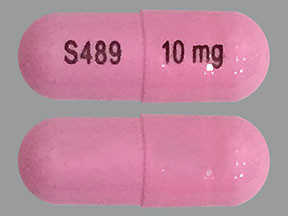
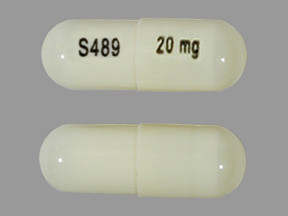
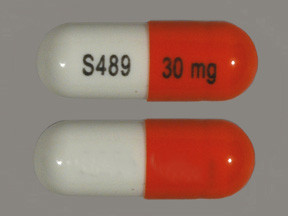
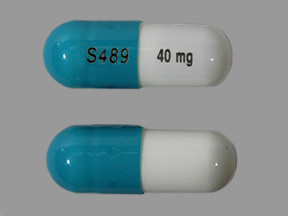
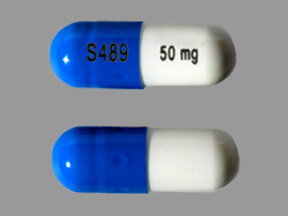
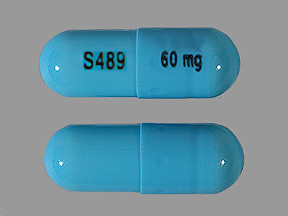
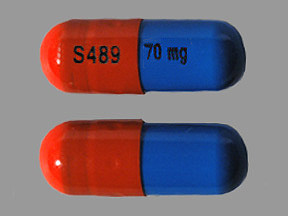
No Reviews Yet